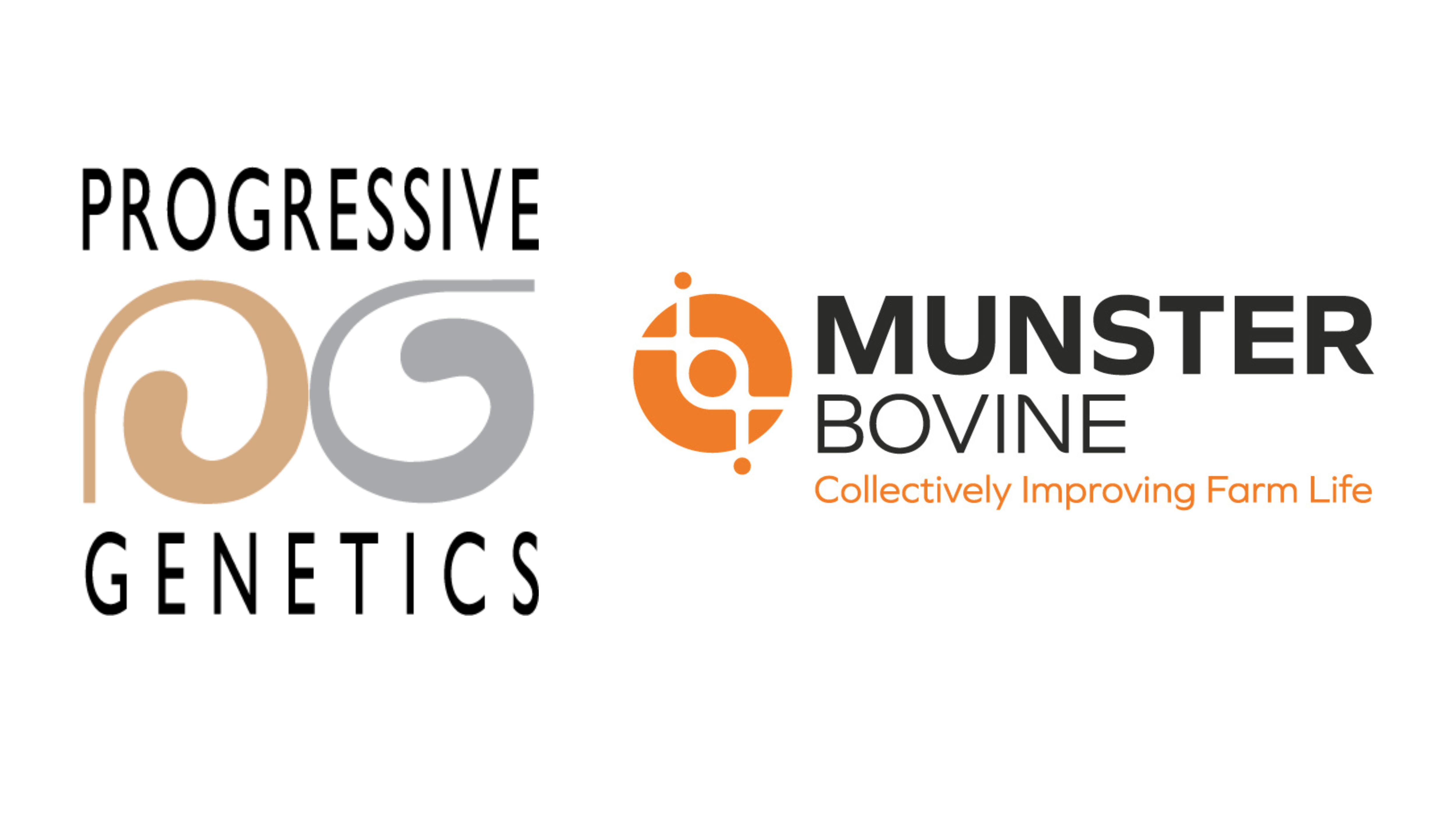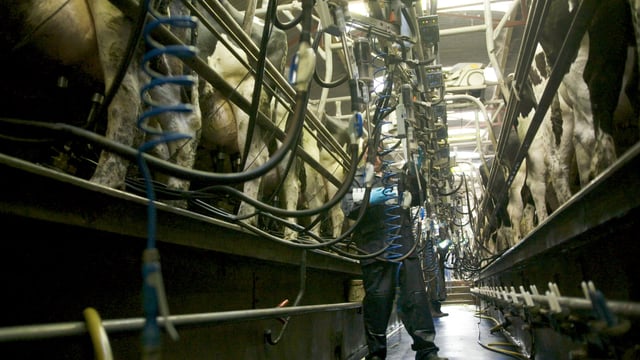EU agrees to ban herbicide flufenacet due to its toxicity
In a landmark decision, the EU has agreed to ban flufenacet, the per- and polyfluoroalkyl substances (PFAS) pesticide, due to the threat posed to human health and European freshwater ecosystems.
Flufenacet is a selective soil herbicide, often used in conjunction with other herbicides to control grasses and broad-leaved weeds such as velvet leaf, morning glory and common cocklebur.
The use of the herbicide had been approved in 25 EU member states, including Ireland, since 2004, where it has commonly been deployed to control the growth of grass weeds in winter crops such as wheat, barley and rye.
This approval will expire across the EU on June 15, 2025, with the option for member states to grant a grace period extension of 12 months, after the ban comes into effect.
According to the European Food Safety Authority, the pesticide is an endocrine disruptor, meaning it can affect hormone production, and can potentially impede brain development among children.
Flufenacet is also a source of trifluoracetic acid (TFA), a highly persistent water contaminant that has been found in increasing concentrations in European freshwater bodies, which does not degrade over time and is toxic to reproduction.
While PFAS chemicals are notoriously found in a diverse range of consumer products, such as frying pans, textiles, and food packaging, less is known about the chemicals' presence in herbicides and pesticides, which directly impact the food chain.
The decision to revoke flufenacet's approval comes after repeated calls for its ban from numerous non-government organisations, 49 of whom signed a letter to the European Commission urging its prohibition in the bloc.
Salomé Roynel, policy officer at Pesticide Action Network (PAN) Europe, commented: “We strongly welcome this decision as a critical step towards safeguarding human health and the environment from PFAS. This is a significant first step.
"Flufenacet is one of the most widely used PFAS pesticides and TFA emitters in our water resources. It is widely used in cereal-producing agriculture. We now urgently need a ban on all PFAS pesticides to avoid replacement with equally problematic substances.”
According to PAN Europe, Bayer has already announced a plan to replace flufenacet with a new mix of herbicides containing diflufenican, the second most sold PFAS pesticide, which has not been subject to a ban.
Last week, 50 MEPs wrote to the European Commission to express their support for a complete PFAS ban across Europe, as an additional 35 PFAS pesticides remain in use in the BLOC.
The Commission has acknowledged that TFA is toxic for reproduction and the renewal of flutolanil, an additional PFAS pesticide widely used in the tillage industry which was previously flagged as a potential substance to ban, does not comply with the legal requirements of EU law.
“We regret that discussions on flutolanil were stalled due to a lack of sufficient support from Member States. All PFAS pesticides have to be banned to ensure the protection of water resources and the health of EU citizens,” Roynel said.





